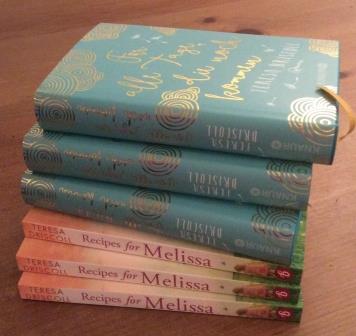 One of my most heartening moments as a writer in recent weeks was watching Ian Rankin on TV’s Imagine programme as he read feedback from his editor. Ian, of course, is well past the traumatic stage of handling true rejection. But even with his block-busting track record, I still noted a familiar, slightly haunted look in his eyes when his editor told him ( evidently with some frankness ) that she didn’t like the way he had handled one of his characters in an early draft of his new book. Oh, but it really hurts, doesn’t it? Whether you are just starting out, longing for that first deal, or a superstar on the bestseller lists it is difficult but yes, also heartening, to know that all writers suffer an attack of the doubts and the angst when the criticism rolls in. The big issue – and this I see more and more as the crucial bit - is what you decide to do next. Ian – ever the pro – did absolutely the right thing. He allowed himself just a little bit of hurt and then he got back to work. He made changes. He took the criticism on the chin and eventually worked out what to do about it. Not all criticism is going to be right, of course. There is, after all, so much that is subjective in literature. But when someone with long experience and good intentions gives advice, I firmly believe that writers, whatever the stage of their career, should think long and hard before they reject it. Some writers tell me they worry that making too many changes in response to feedback means losing ownership of their work. For myself I disagree. Many years as a journalist has taught me that editorial discussion is nearly always fruitful. You do not have to accept all input, but it is both necessary and professional to at least weigh it all up. Editors and agents only advise, after all; they do not do the re-writes. We do. So of course the work is still ours. I am lucky to have a very supportive agent - also I have worked with the editor of a major publisher who has been kind enough to guide and, dare I say, champion my “apprenticeship” in fiction. But for all that I respect them, very often I do not like their feedback on early drafts of my work. It can wound to know we have not got it right. But for myself, I have learned how best to handle this first response of both panic and hurt. What I always do now is go for a long walk. The fresh air and the time allows me to move on from the panic to the next, more crucial stage of figuring out how the hell I am going to fix things. My long-suffering husband has learned to watch this transition with a wry smile. It is not at all unusual for me to declare “the book just isn’t working” and “that’s it; I’ve had enough” as I set off on in a huff, only to return later all fired up with enthusiasm and new ideas about the changes I am going to make. So my thanks to Ian Rankin and the Imagine team for reassuring all writers that no one is immune to this process of doubt and re-evaluation. (And herograms to all the loved-ones whose lot it is to live with all the highs and the lows!) Comments are closed.
|
AuthorTeresa Driscoll - journalist, author, mother of two and lover of great coffee. CATEGORIEsArchives
February 2024
|
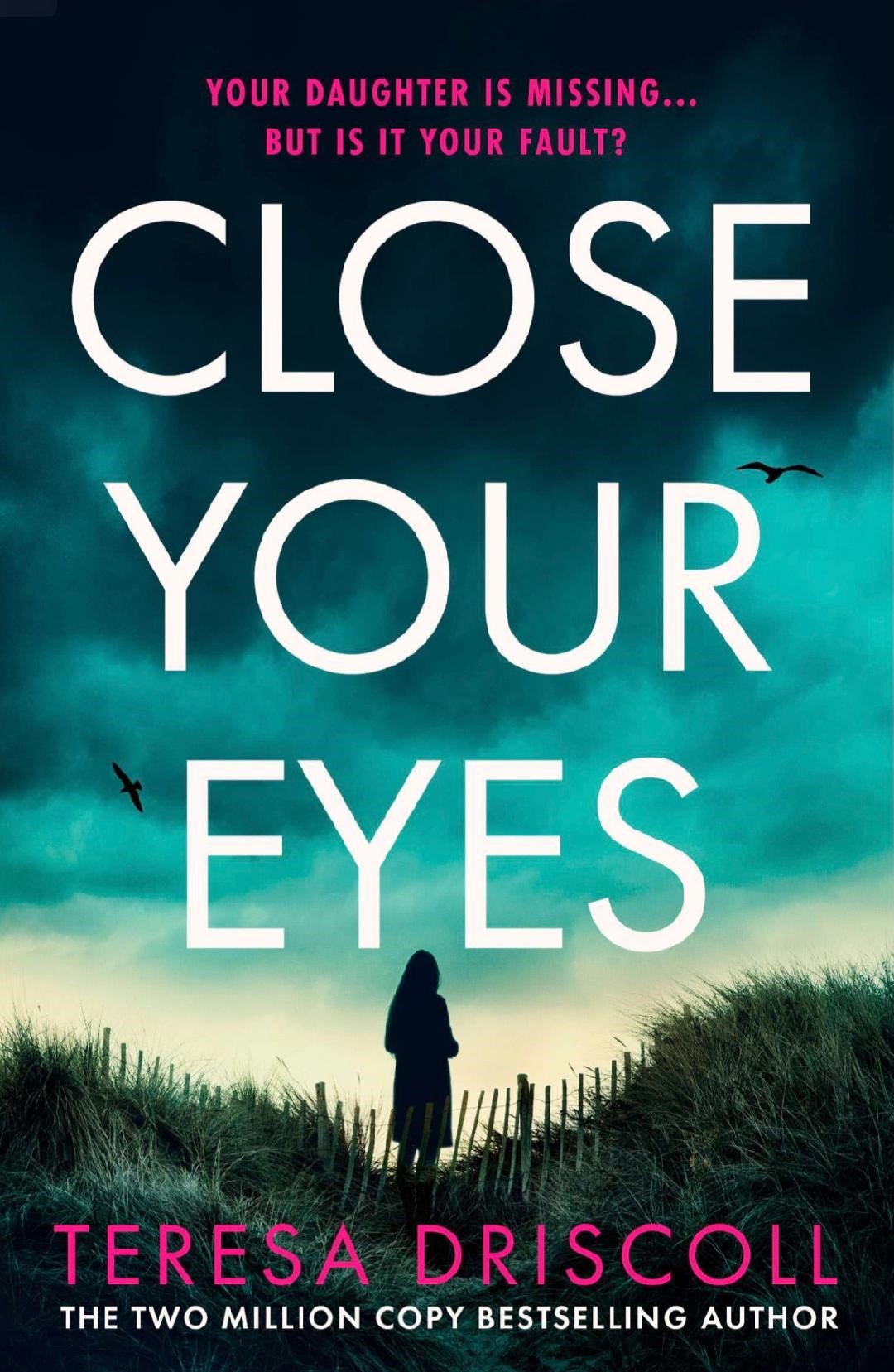
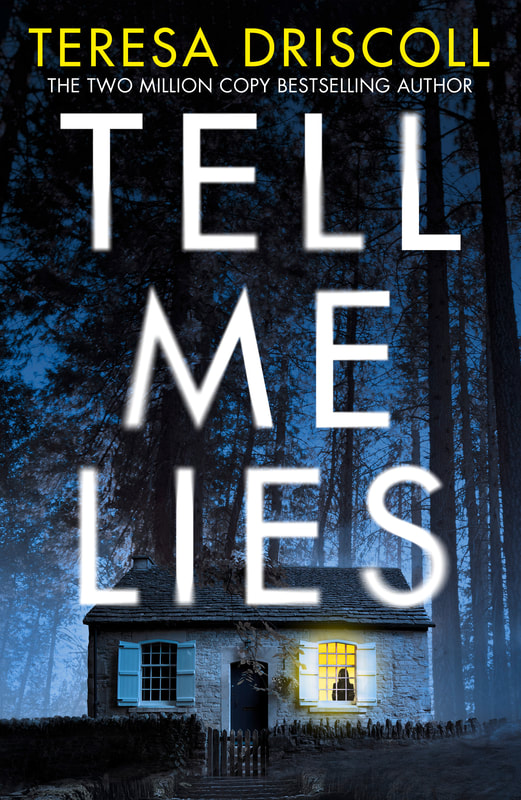
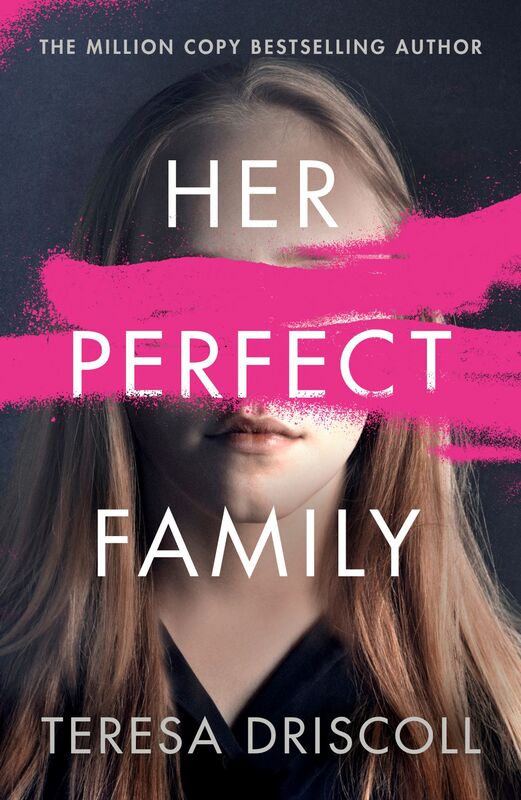
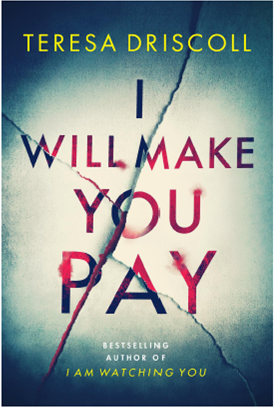
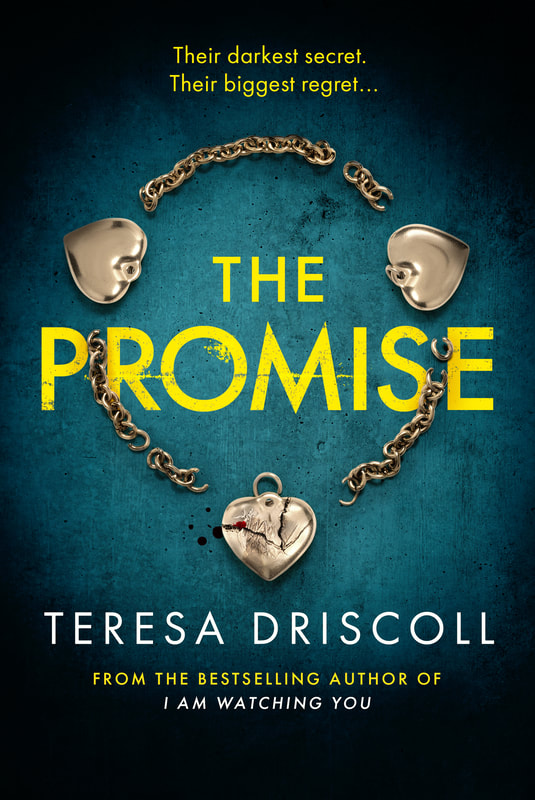
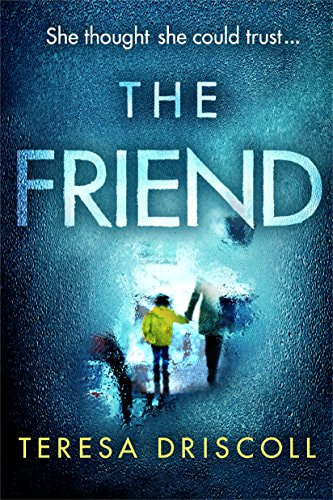
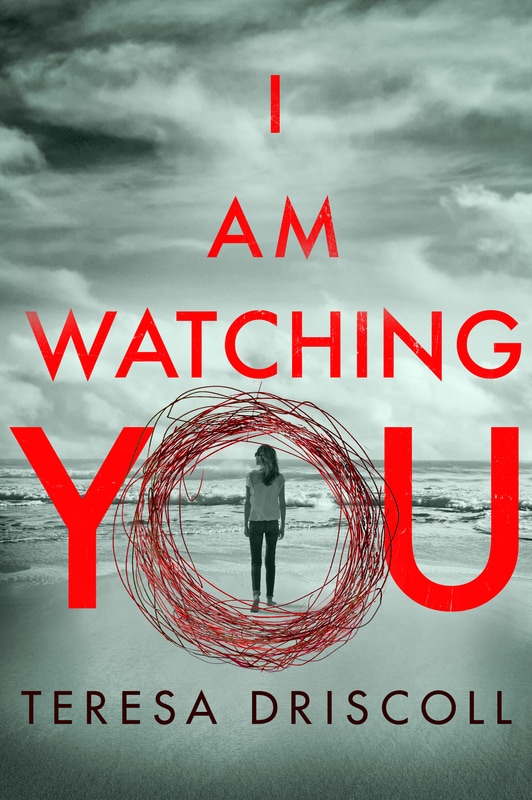
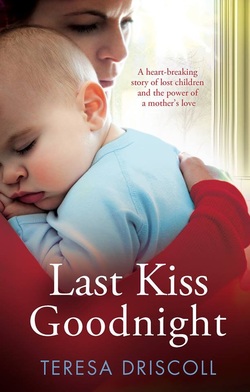
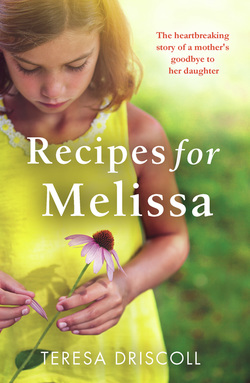
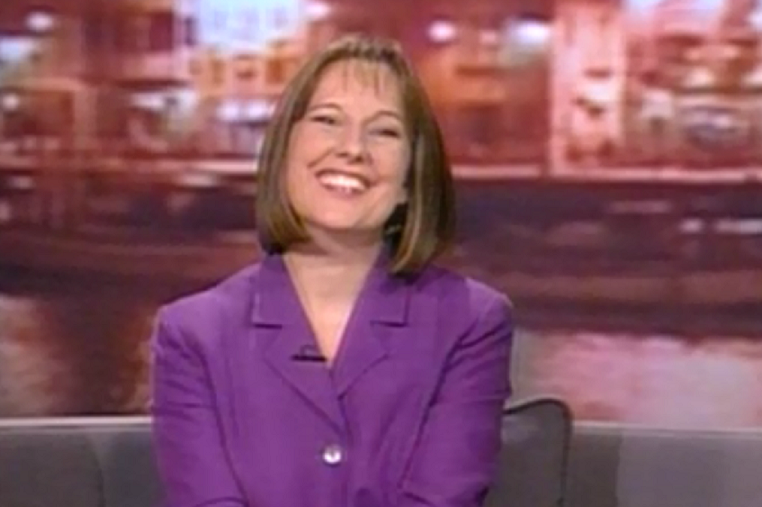
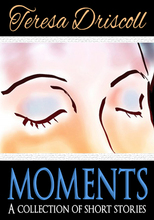
 RSS Feed
RSS Feed
